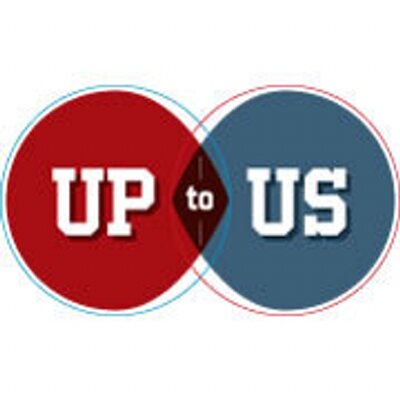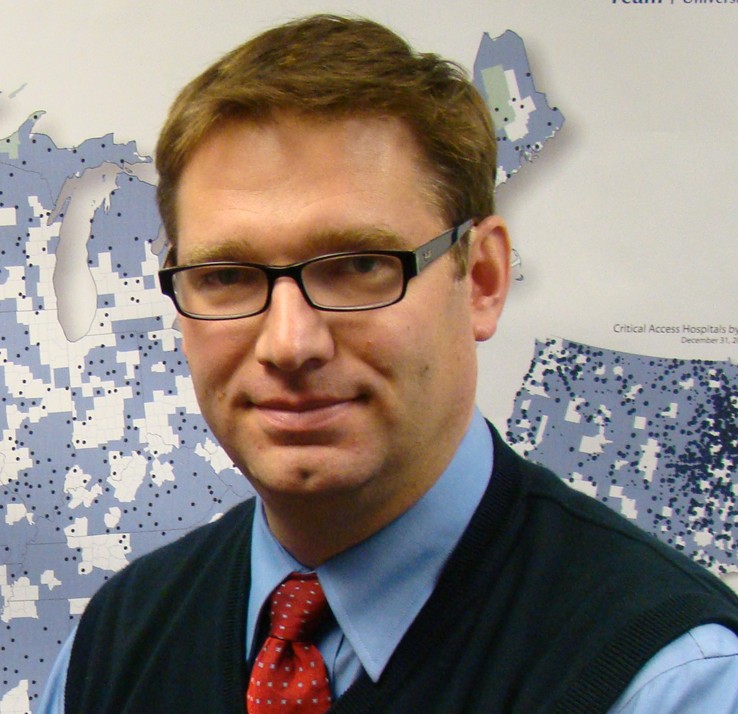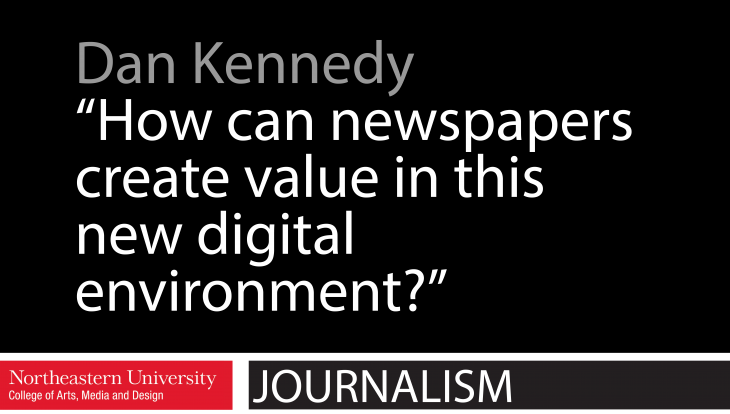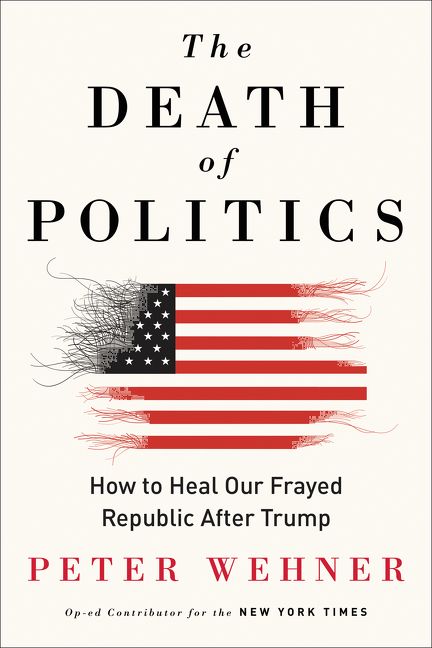EP 277 Young People Say It’s Up To Us to Grapple With the National Debt
Honesty requires that I admit to what a bloody mess mess my
generation, the baby boomers, is leaving the many generations that
follow. As if a despoiled and roiling planet isn’t enough, add to their
burdens a swelling, and unsustainable, level of national debt. And,
yet, mum’s the word. Nobody talks about the $20 trillion public debt or
the $200 trillion dollar fiscal gap. The enormity of the numbers are a
paralytic to any meaningful conversation. So we just change the
subject and focus on the outrage of the day. A group of millennials and
generation Z leaders have caught up with the implications of the
problem and are determined to sound the alarm for others in their cohort
as part of Up To Us. Through this conversation with Hilary Allen,
community manager of a competition this group runs, you will find out
what’s on their minds and how they want to make this issue a part of the
national conversation–finally.
Podcast: Play in new window | Download









